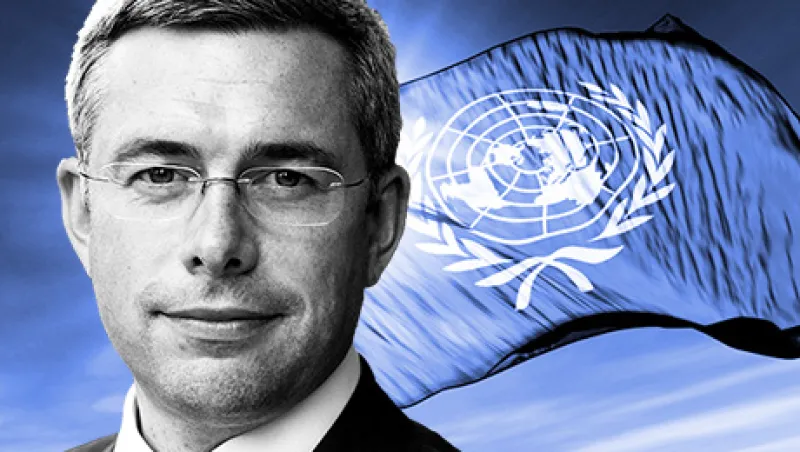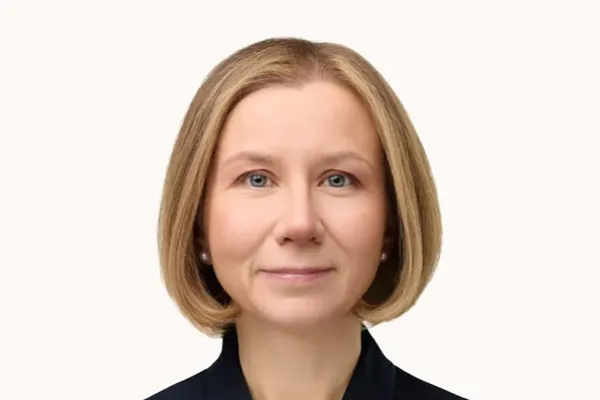A new project to rank the world’s largest companies on the United Nations’ sustainable development goals has gained the backing of European governments.
The World Benchmarking Alliance will grade companies valued at more than $1 billion on sustainability factors such as climate change, health care and efforts to reduce inequalities. Aviva Group has agreed to finance the initiative, which will be announced Thursday at the UN General Assembly in New York.
The independent group — founded by Aviva, the UN Foundation, the Business and Sustainable Development Commission and the Index Initiative — will consult with global investors and companies to determine the methodology for its annual ranking. Aviva Investors Chief Responsible Investment Officer Steve Waygood said he has already begun working on the project with such major investors as the California Public Employees’ Retirement System, and that giving investors free access to its league tables will increase pressure on companies to step up efforts on sustainability and environmental initiatives.
“What we are building is a lens that allows end-investors, and civil society beyond, to focus in on an issue in a sector and see who is good and who is not,” said Waygood. “It will create a race to the top. A chief executive who does well will shout about it.”
The UN foundation has agreed to be the fiduciary for the World Benchmarking Alliance, according to Waygood, who estimated that the first 12 months of setting up the project will cost about £2 million ($2.7 million).
“We have the formal backing of the U.K. government, the Dutch government and the Danish government,” he said. “That is why we are using the UN General Assembly to launch this consultation.”
[II Deep Dive: China’s Green Powerhouse is Going Global]
The formation of the World Benchmarking Alliance follows similar initiatives that resulted in the Access to Medicine Index, the Access to Nutrition Index and the Corporate Human Rights Benchmark. The new alliance plans to bring together the work done on these indexes to develop new ones based on sustainability metrics. Once they are up and running, Waygood said the alliance will cost about $20 million a year to run.
The initiative may find sympathetic ears among fund managers as asset allocators such as pensions and endowments increasingly demand strategies that integrate environmental, social and corporate governance measures. After U.S. President Donald Trump announced in June that the U.S. would withdraw from the Paris Agreement, an international accord on climate change that had been supported by many institutional investors, the condemnation was swift.
“California Public Employees’ Retirement System supports the Paris Agreement because it makes financial sense,” CalPERS Chief Executive Officer Marci Frost said in a statement after Trump announced his decision. “As a global investor and as fiduciaries focused on the long-term sustainability of our investments, we will continue to support the Paris Agreement on climate change.”
Ana Harris, equity portfolio strategist at State Street Global Advisors, said investors embracing multi-factor strategies are increasingly enquiring about the potential to build ESG into their portfolios.
“ESG considerations are now on the table,” Harris said. “If they are looking at allocations from passive or active, it seems that any kind of new allocation has to at least to have considered some sort of ESG consideration.”







